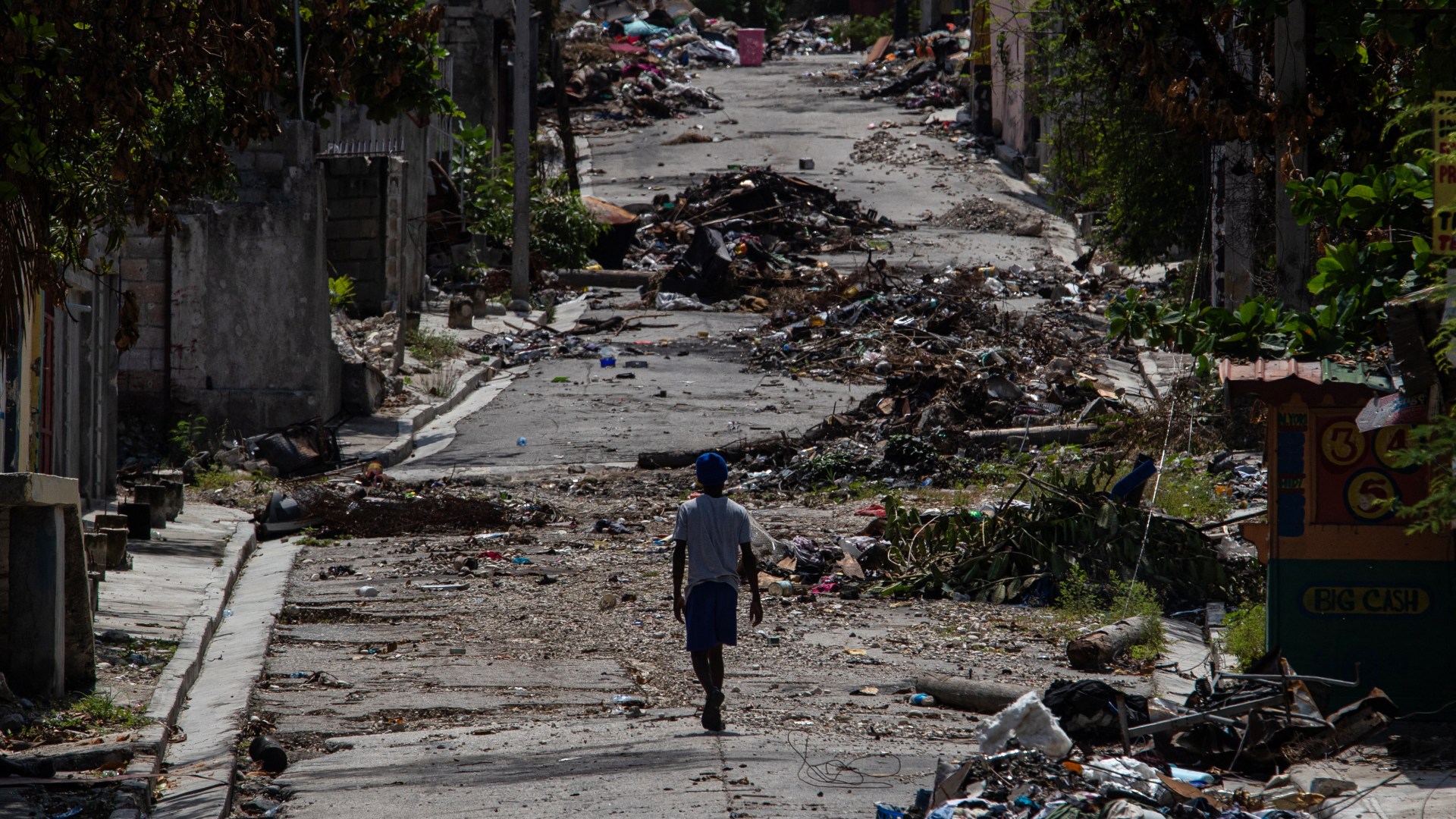In a decisive move to address Haiti’s escalating security crisis, the United Nations Security Council has authorized the creation of a new multinational ‘Gang Suppression Force’ (GSF). The resolution, passed on September 30, 2025, transitions the existing, struggling security mission into a larger, more robust force with a stronger mandate to combat armed gangs that control much of the country .
The vote was 12 in favour, with three abstentions from China, Pakistan, and Russia. The new force will have an authorized strength of 5,550 personnel—more than double its predecessor—and is mandated to conduct offensive, intelligence-led operations to “neutralize, isolate, and deter” criminal gangs .
A Necessary Escalation
The GSF replaces the Kenyan-led Multinational Security Support (MSS) mission, which was authorized in October 2023 but consistently faced chronic underfunding and insufficient personnel . With an initial pledge of 2,500 officers, the MSS only managed to deploy around 1,000 personnel, making it difficult to contain gangs that now control approximately 90% of the capital, Port-au-Prince .
The limitations of the MSS stood in stark contrast to the scale of the crisis. The UN reports that Haiti is facing a humanitarian catastrophe, with at least 1.3 million people internally displaced due to violence, 5.7 million facing food insecurity, and rampant human rights abuses including kidnappings and sexual violence . Between January and June 2025, at least 3,100 people were killed in violent incidents .
The new GSF represents a significant shift in the international community’s approach. U.S. Ambassador Mike Waltz stated that the previous mission “lacked the scale, scope and resources needed to take the fight to the gangs,” and that the new force is “five times the size of its predecessor and with a strengthened mandate” .
Mandate and International Support
The Security Council, acting under Chapter VII of the UN Charter, has authorized the GSF to :
· Conduct intelligence-led targeted, counter-gang operations independently or in cooperation with Haitian forces.
· Provide security for critical infrastructure such as airports, ports, schools, and hospitals.
· Support the Haitian National Police (HNP) and armed forces to combat illicit arms trafficking.
· Help create conditions conducive to holding elections and delivering humanitarian assistance.
The resolution also requests the UN Secretary-General to establish a UN Support Office in Haiti (UNSOH). This office will provide crucial logistical and operational support to the GSF, including rations, accommodation, medical care, and transportation, funded through UN peacekeeping assessed contributions .
Haiti’s representative to the UN hailed the decision as a “decisive turning point,” acknowledging that while the MSS was a valuable support, “the reality on the ground has reminded us that the scale and sophistication of the threat far exceeds the mandate initially granted” .
A Cautionary Tone: Concerns and Abstentions
Despite the overwhelming support, the resolution was not without its critics. The three permanent members who abstained—China, Russia, and Pakistan—expressed significant concerns about the force’s conception and potential consequences.
· China’s Ambassador, Fu Cong, questioned the “ill-conceived and rushed” approach, noting a lack of clarity on the force’s composition, rules of engagement, and long-term funding. He pointedly recalled that a major donor country had failed to fully honor its previous funding commitments to the MSS mission while owing $800 million in unpaid UN peacekeeping assessments .
· Russia’s envoy, Vassily Nebenzia, criticized the “virtually unrestricted mandate to use force” and warned that the proponents had not identified the root causes of the crisis, such as the “unchecked flow of illegal weapons into Haiti” .
· Pakistan abstained, stressing the importance of learning from past international interventions in Haiti to mitigate the risk of failure .
The shadow of past foreign interventions also looms large. Previous UN peacekeeping missions were marred by a cholera outbreak that killed thousands and widespread allegations of sexual exploitation and abuse, creating resentment among the Haitian people .
In response to these concerns, the draft resolution includes provisions for a “robust compliance mechanism” to prevent human rights violations and requests that the GSF’s operations be conducted “in strict compliance with international law, including international human rights law” .
A Test of International Will
The approval of the Gang Suppression Force marks a new chapter in the international community’s efforts to stabilize Haiti. However, the transition from a supportive security mission to an offensive suppression force carries inherent risks and underscores the severity of the gang violence.
The ultimate success of this mission will depend on predictable funding, swift deployment of qualified personnel, and strict adherence to human rights standards. As several Council members emphasized, this security-focused intervention must be part of a broader strategy that supports Haiti’s fragile political transition and addresses the deep-rooted governance and economic crises that fuel the violence .
For the people of Haiti, who have endured years of terror and instability, the new force offers a glimmer of hope. As Panama’s Ambassador Eloy Alfaro de Alba told the Council, the resolution sends a clear message: “you are not on your own” . The world is now watching to see if this renewed commitment can finally help Haiti turn the tide.

Leave a Reply